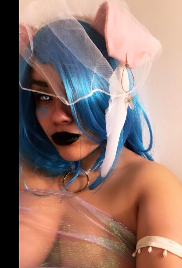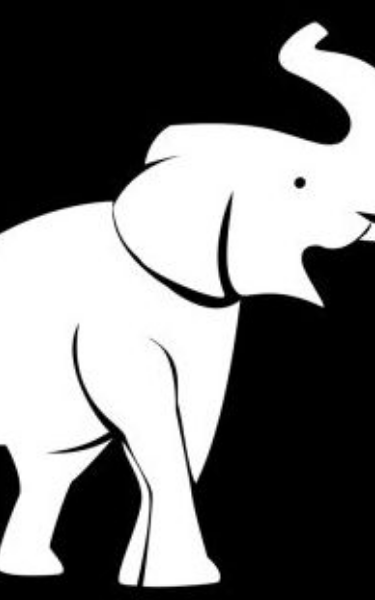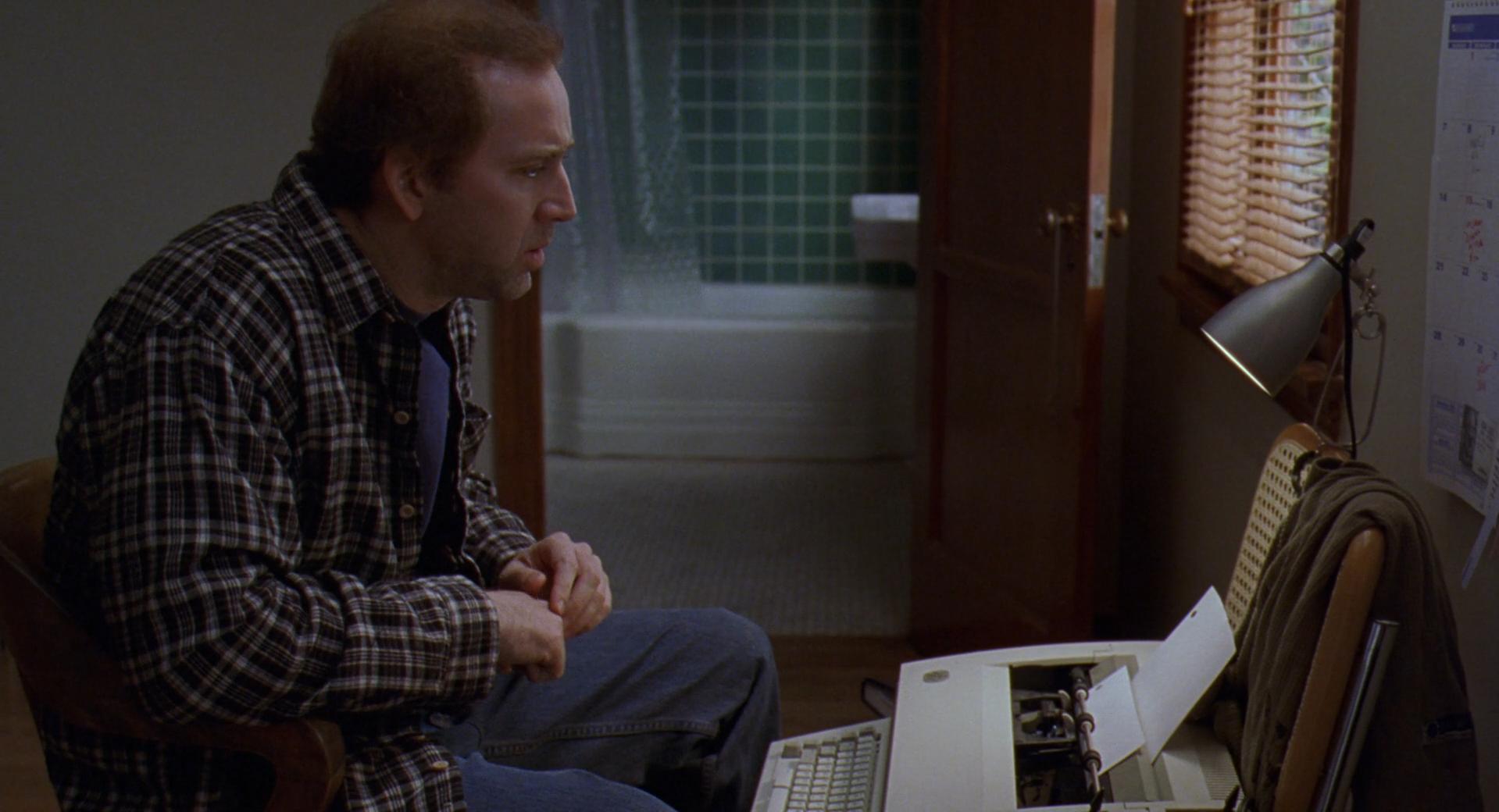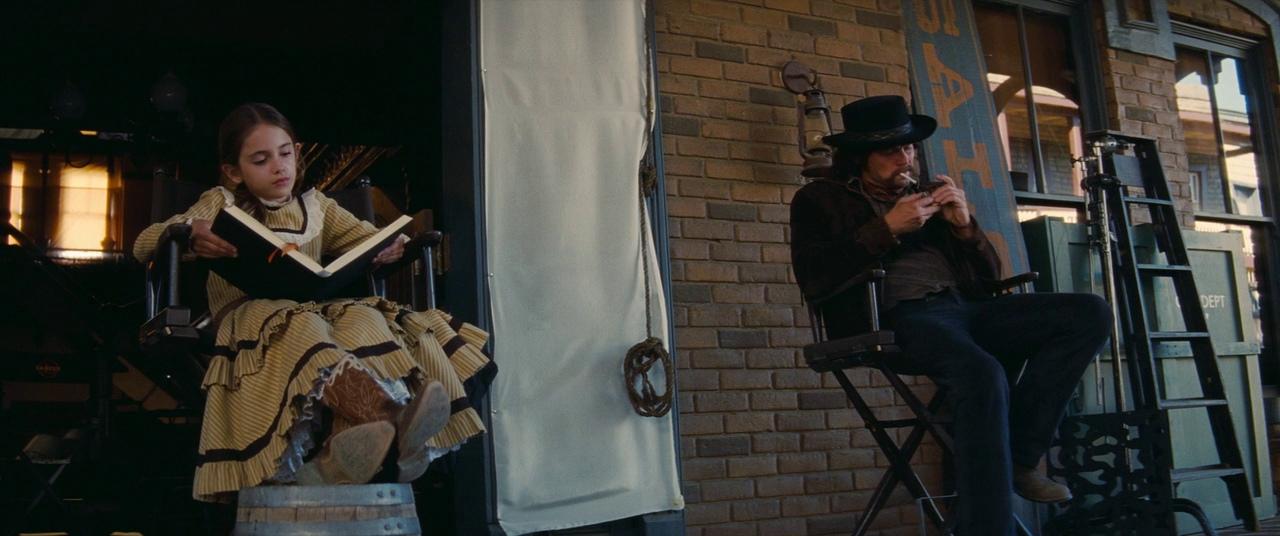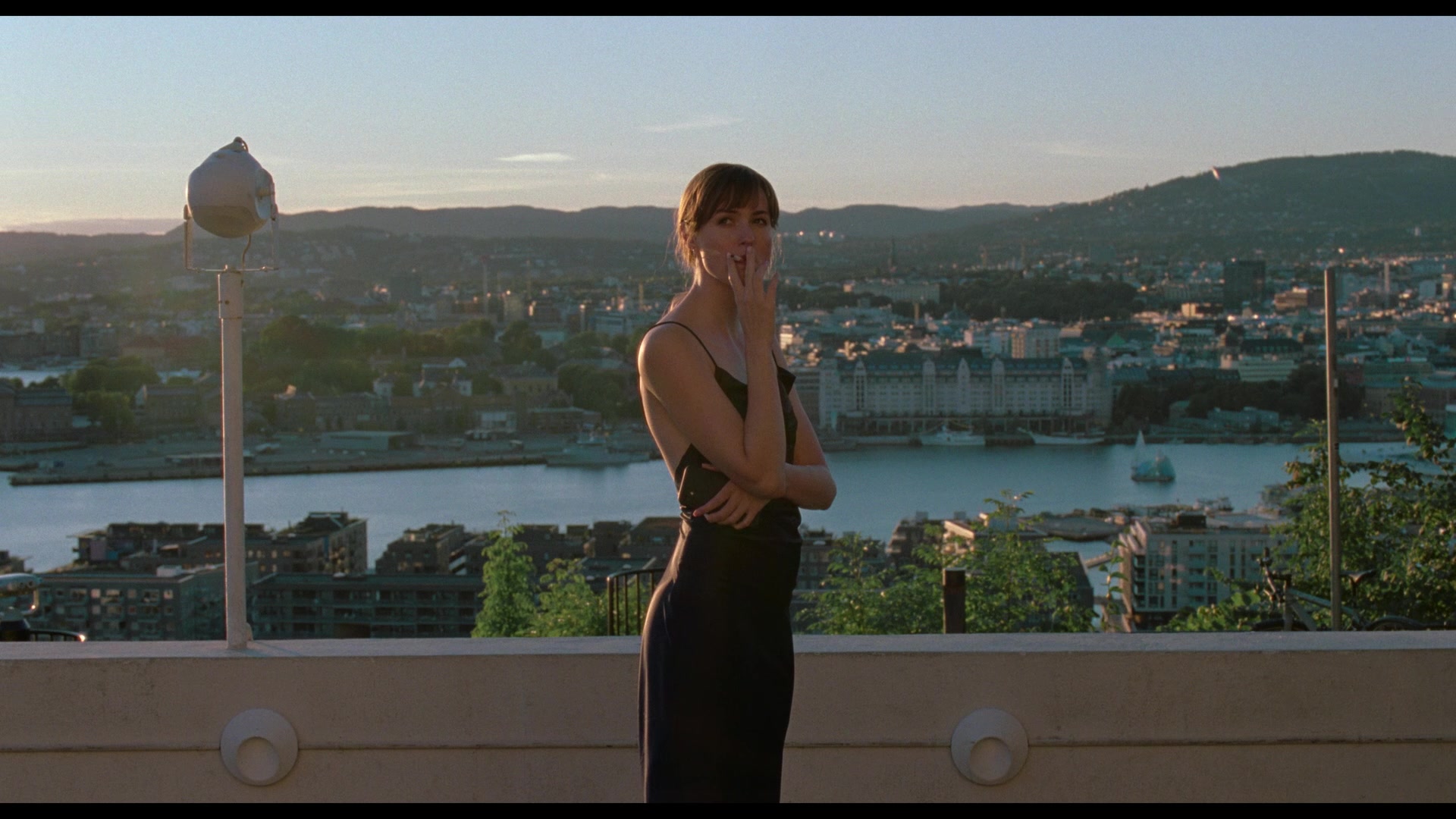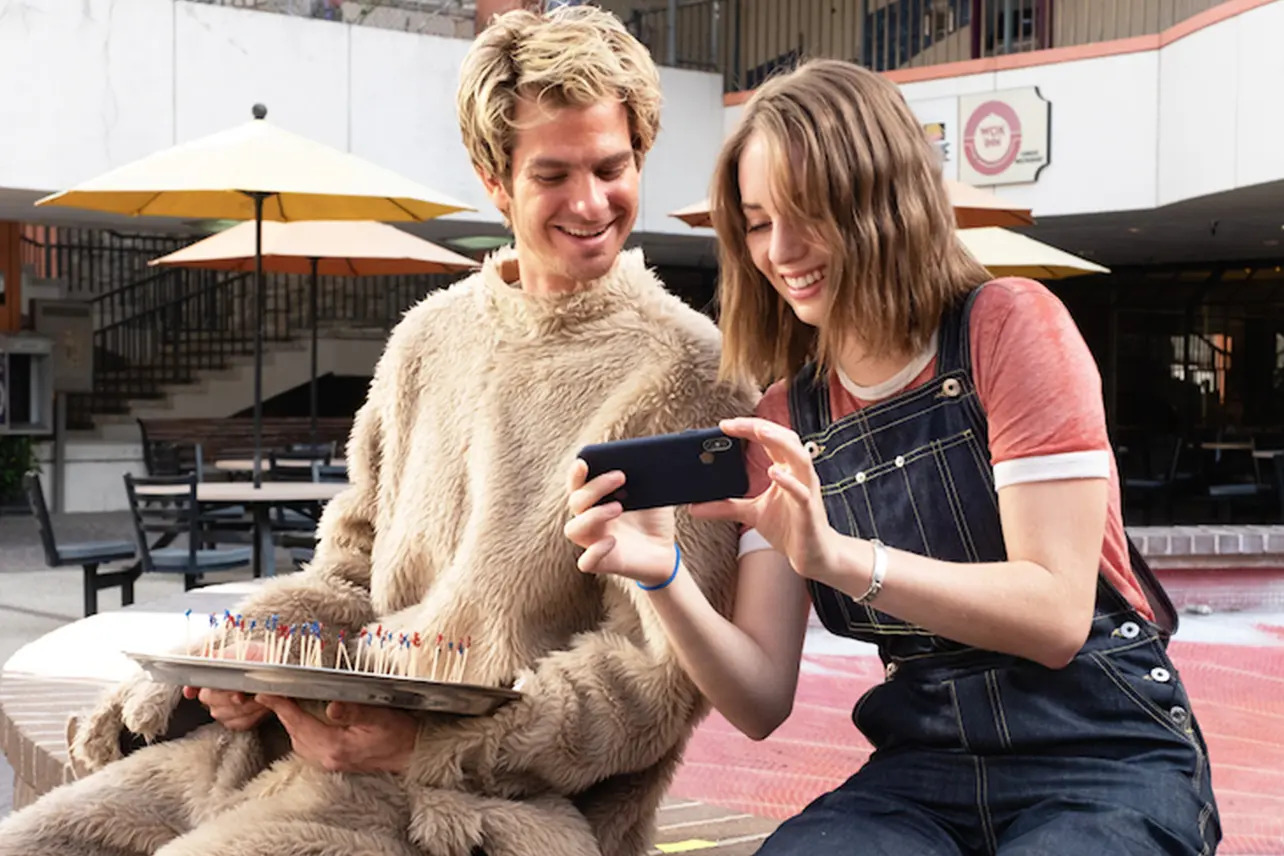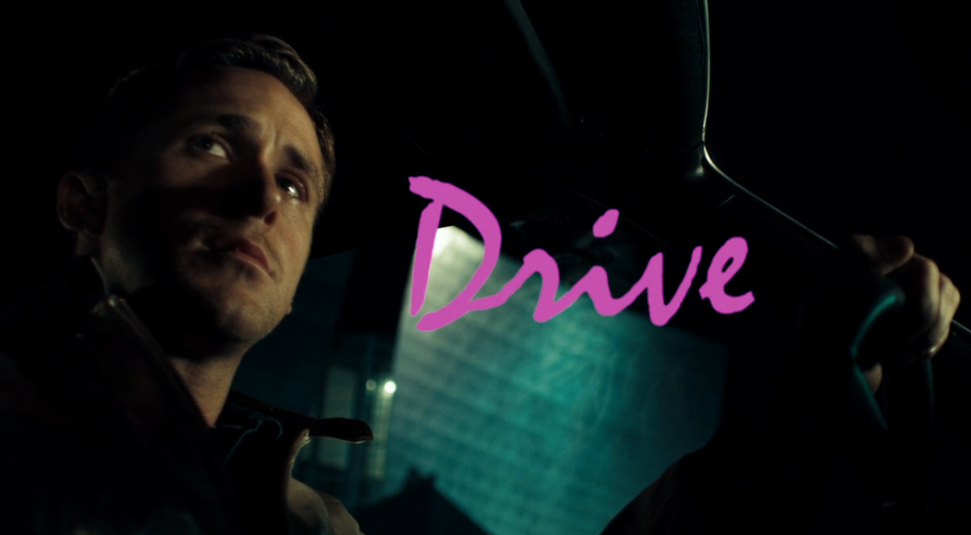
Almost Married, Until Paris feature
#Drama #Romance #Comedy
Weeks before his wedding, a driven gallery CEO falls for a brilliant Parisian artist—only to learn she’s the estranged daughter of his ruthless rival, igniting a scandal that threatens his career and forces a choice between ambition and unexpected love.
Awards
Approved
Summary
0 Reviews |
104 pages |
3 months ago
|
Draft 1
Almost Married, Until Paris follows Michael Blake, a polished, ambitious gallery CEO whose life is perfectly aligned with expectations: a strategic engagement to Katie Davenport, a looming corporate merger between their families, and a future shaped by legacy rather than desire. But when he travels to Paris to scout emerging artists, his carefully curated world fractures. There, he encounters Juliette Dubois, a gifted but emotionally guarded young painter whose work vibrates with honesty, vulnerability, and the rawness he’s forgotten how to feel. Their connection is immediate, intuitive—an unspoken recognition of two people who have spent too long living behind glass.
Michael recognizes shades of a mysterious painter known only as J.L., whose long-vanished masterpiece Fragments of Light once revived his career. Juliette’s presence, like her art, feels achingly familiar. As they wander through rain-slicked streets, quiet cafés, and half-lit studios, their conversations blur into intimacy—an emotional affair that neither names but both feel. Still, Michael hides a truth: he is engaged. Juliette hides one too: she is the estranged daughter of Henri Laurent, founder of Atelier Horizon and the Blake family’s long-standing rival.
When Katie unexpectedly arrives in Paris, her appearance shatters the illusion. She introduces herself as Michael’s fiancée, leaving Juliette gutted but composed as she walks out without protest—her heartbreak quiet, precise, and absolute. Michael follows, confessing that what he feels for Juliette is real, but she refuses to be the collision point between two lives he hasn’t yet chosen between.
Juliette’s past resurfaces when her father tries to pull her back into the world she fled—a life curated for power, not art. Their confrontation ends with him disowning her when she chooses her autonomy over the Laurent legacy. She leaves her apartment, her name, and Paris itself behind, determined to rebuild her life on her own terms.
Michael, unraveling under the weight of guilt, longing, and the expectations of his family’s empire, watches his engagement implode. Katie, realizing she has been loving a man already gone, releases him with clarity rather than bitterness. The media swarms the scandal. Investors panic. His father demands loyalty and composure. But Michael can no longer return to a life of polished silence. When he learns Juliette was the true J.L.—the artist whose work defined him—everything breaks open. He sees, finally, that he has spent years chasing prestige over truth.
After the public fallout, Michael makes a decisive choice: he ends the engagement, steps back from the gallery’s expectations, and returns to Paris not for business—but to find Juliette, knowing she is the only place his life has ever breathed freely. The story closes on his determination to seek her out, not as a patron, rival heir, or groom-to-be, but as the man she awakened—the one he has finally allowed himself to become.
Michael recognizes shades of a mysterious painter known only as J.L., whose long-vanished masterpiece Fragments of Light once revived his career. Juliette’s presence, like her art, feels achingly familiar. As they wander through rain-slicked streets, quiet cafés, and half-lit studios, their conversations blur into intimacy—an emotional affair that neither names but both feel. Still, Michael hides a truth: he is engaged. Juliette hides one too: she is the estranged daughter of Henri Laurent, founder of Atelier Horizon and the Blake family’s long-standing rival.
When Katie unexpectedly arrives in Paris, her appearance shatters the illusion. She introduces herself as Michael’s fiancée, leaving Juliette gutted but composed as she walks out without protest—her heartbreak quiet, precise, and absolute. Michael follows, confessing that what he feels for Juliette is real, but she refuses to be the collision point between two lives he hasn’t yet chosen between.
Juliette’s past resurfaces when her father tries to pull her back into the world she fled—a life curated for power, not art. Their confrontation ends with him disowning her when she chooses her autonomy over the Laurent legacy. She leaves her apartment, her name, and Paris itself behind, determined to rebuild her life on her own terms.
Michael, unraveling under the weight of guilt, longing, and the expectations of his family’s empire, watches his engagement implode. Katie, realizing she has been loving a man already gone, releases him with clarity rather than bitterness. The media swarms the scandal. Investors panic. His father demands loyalty and composure. But Michael can no longer return to a life of polished silence. When he learns Juliette was the true J.L.—the artist whose work defined him—everything breaks open. He sees, finally, that he has spent years chasing prestige over truth.
After the public fallout, Michael makes a decisive choice: he ends the engagement, steps back from the gallery’s expectations, and returns to Paris not for business—but to find Juliette, knowing she is the only place his life has ever breathed freely. The story closes on his determination to seek her out, not as a patron, rival heir, or groom-to-be, but as the man she awakened—the one he has finally allowed himself to become.
